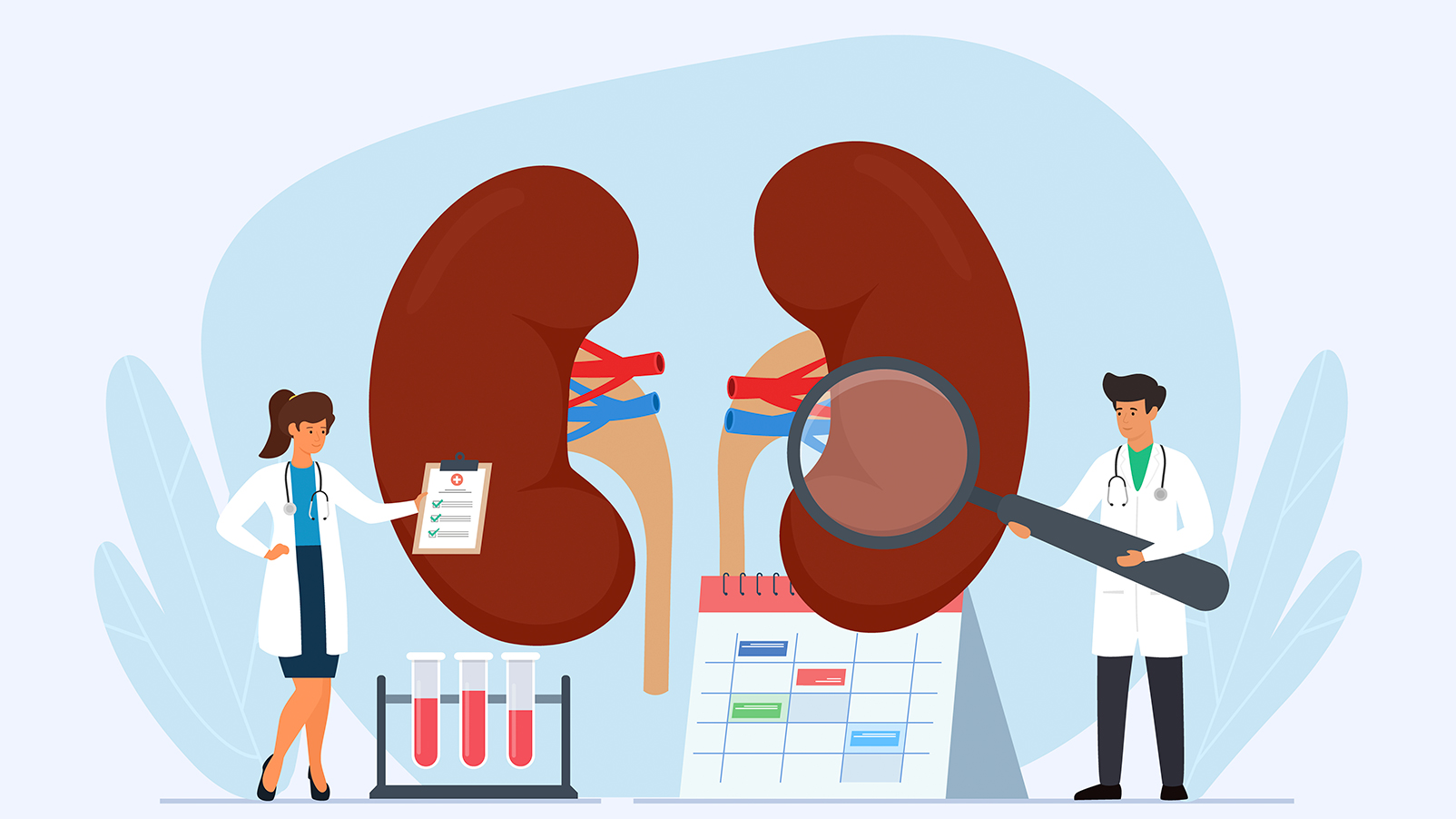By Julie S. Keenan
Cardiac structure and function significantly correlated with risk of kidney failure with replacement therapy, according to data published in the American Journal of Kidney Diseases.
“Heart disease and kidney disease are known to interact with each other. This phenomenon is called cardiorenal syndrome.
Read the full article in Healio.




